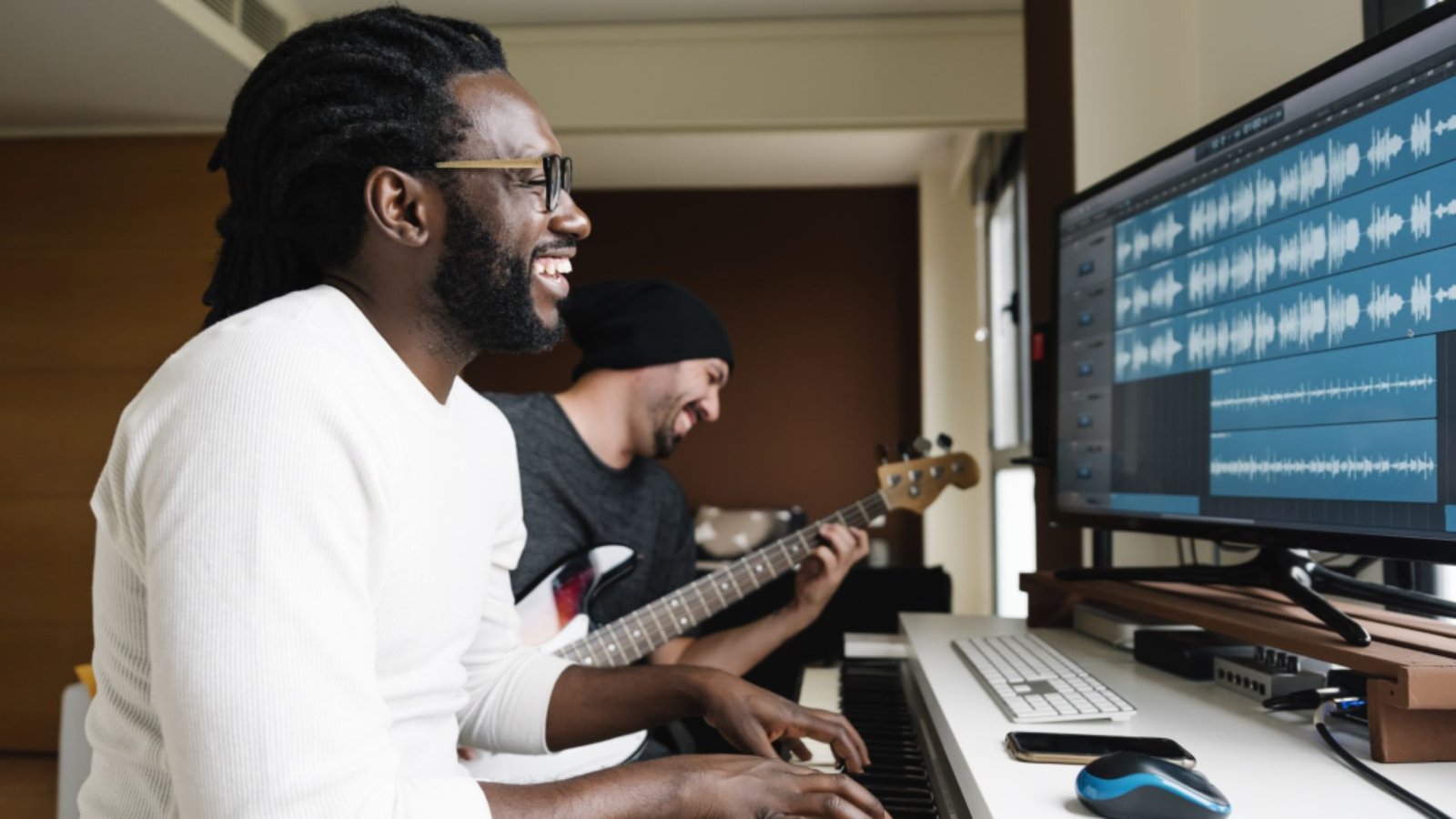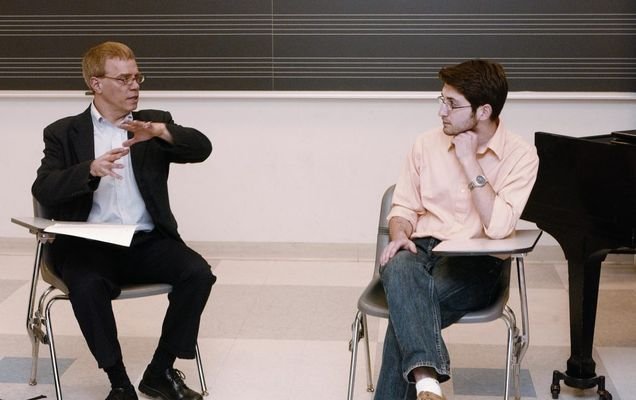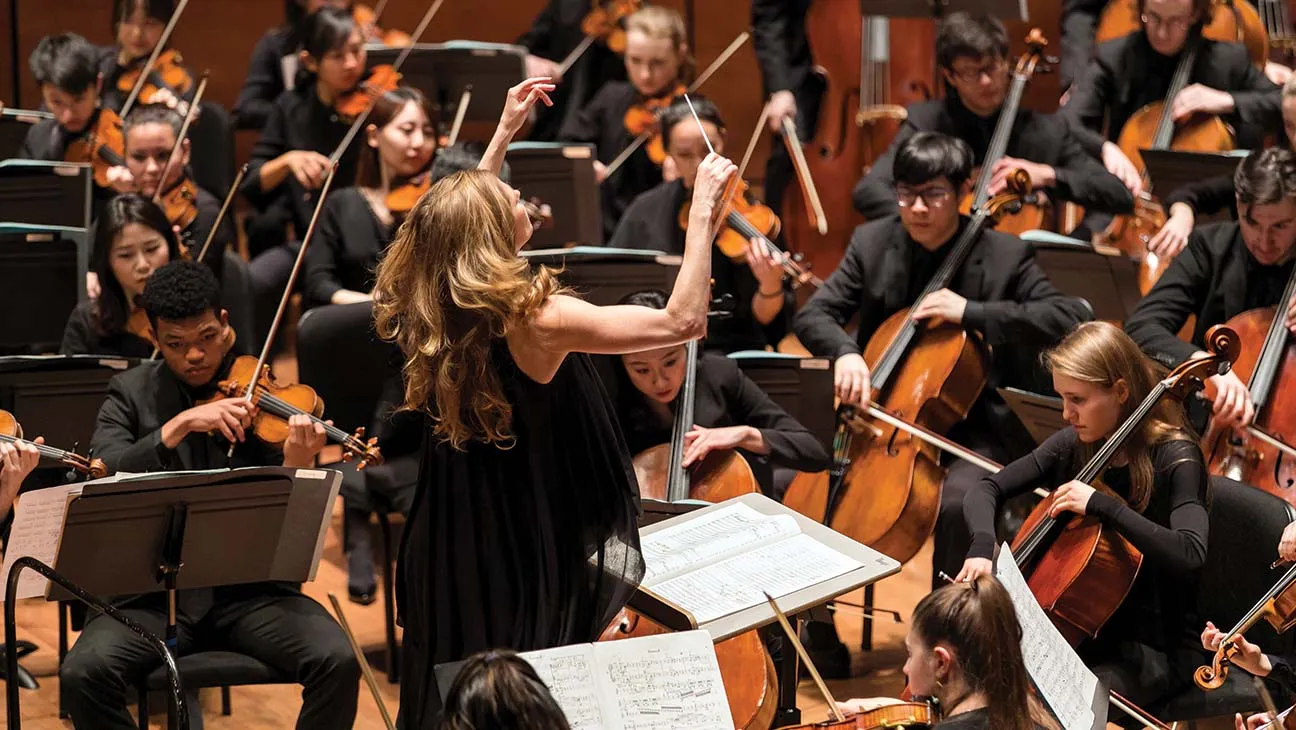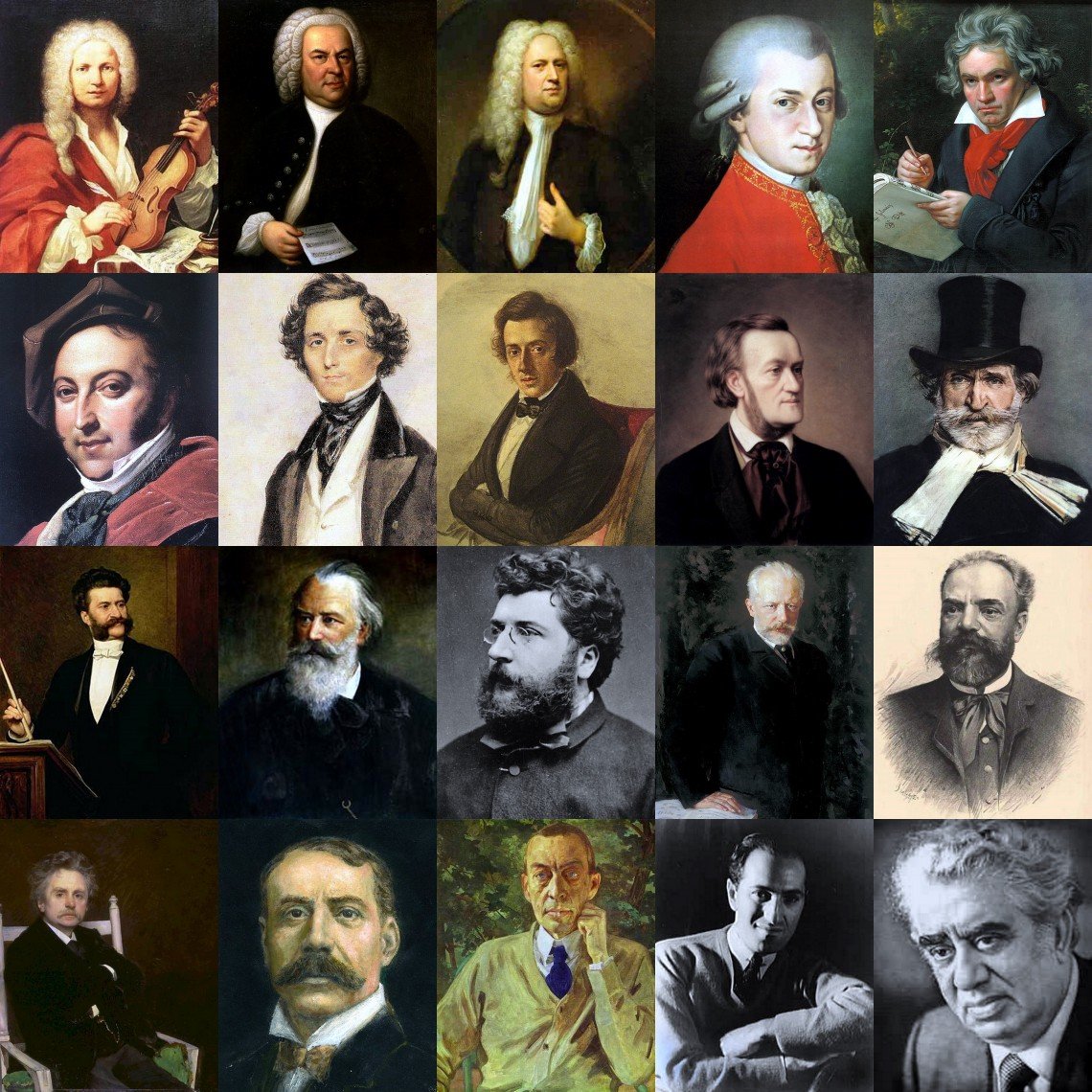Using technology in music composition has revolutionized how we create, share, and experience music. From software tools to advanced hardware, technology has become an integral part of the creative process for composers. Whether you are an experienced musician or just starting, there are countless ways to incorporate technology into your music composition. Below, we’ll explain some effective methods and tools that can enhance your creative journey.
Digital Audio Workstations (DAWs) for Composition
One of the most significant advancements in using technology in music composition is the rise of digital audio workstations (DAWs). Programs like Ableton Live, Logic Pro, and FL Studio allow you to compose, record, and edit music all in one place. These tools give you access to virtual instruments, effects, and MIDI editing, making it easier to turn your musical ideas into polished compositions.
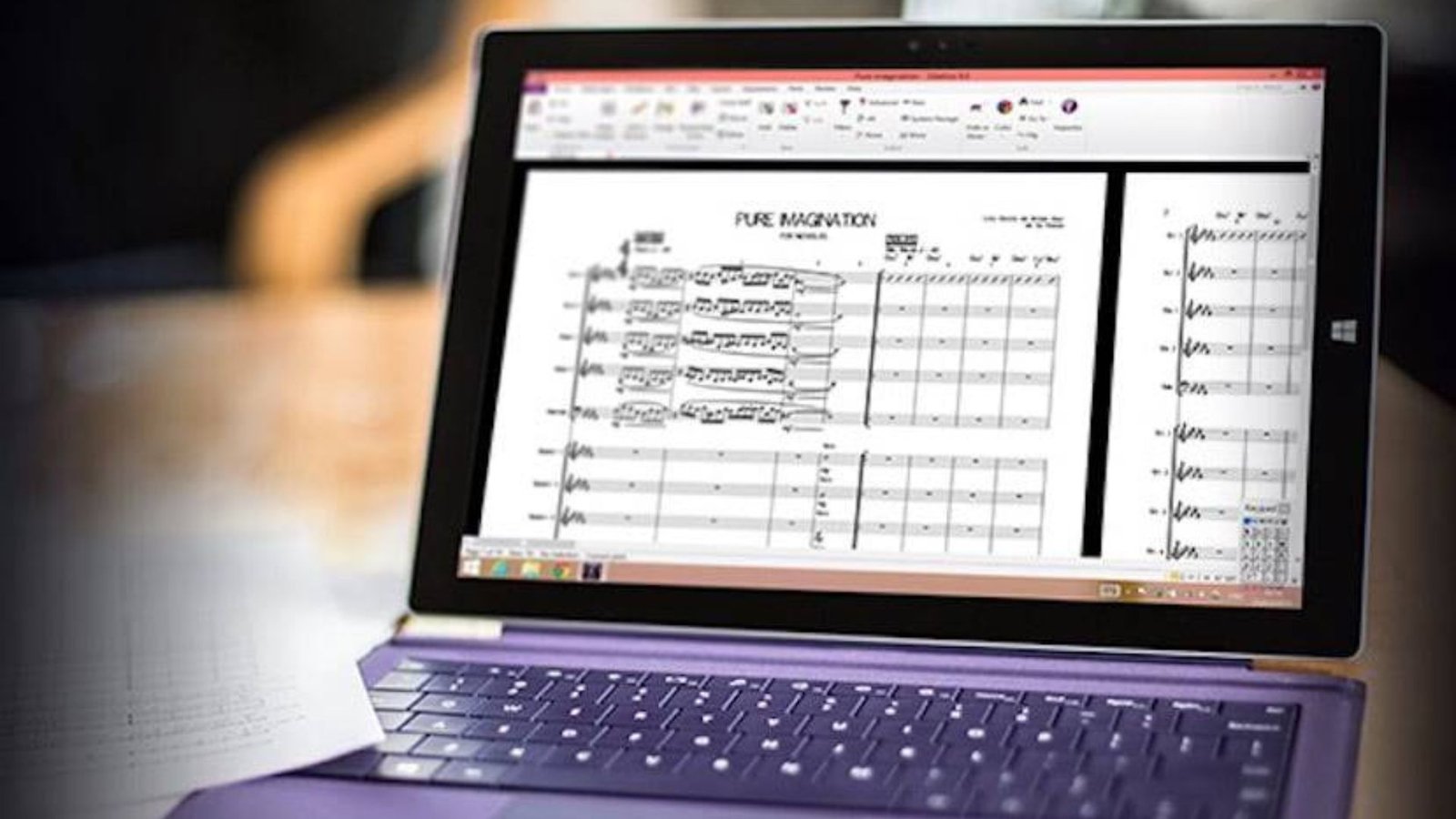
DAWs also make experimenting with different sounds simple. You can layer tracks, adjust tempos, and fine-tune every detail of your music without needing a full recording studio.
Virtual Instruments for Unlimited Possibilities
Another exciting aspect of using technology in music composition is the availability of virtual instruments. These software-based instruments can replicate almost any sound, from grand pianos to exotic world instruments. Tools like Native Instruments’ Kontakt or Spectrasonics Omnisphere allow composers to access high-quality sounds that were once limited to expensive hardware or live recordings.
Virtual instruments not only expand your sonic palette but also make it easier to compose in various genres. You can write orchestral music, electronic tracks, or hybrid styles with ease.
AI-Powered Composition Tools
Artificial intelligence (AI) is becoming a game-changer in music composition. Platforms like AIVA and Amper Music can analyze your input and generate melodies, harmonies, or even entire arrangements based on your preferences. While these tools won’t replace the creativity of human composers, they can provide inspiration and save time during the brainstorming phase.
AI tools are particularly useful when you’re facing writer’s block. By suggesting fresh ideas, they can help you break through creative barriers and keep your projects moving forward.
Mobile Apps for On-the-Go Creativity
With technology, composing music is no longer restricted to the studio. Mobile apps like GarageBand, Notion, and Soundtrap let you create music wherever you are. These apps are perfect for jotting down ideas on the go, experimenting with different sounds, or collaborating with others in real time.
Using mobile technology in music composition ensures that you never lose a spark of inspiration, whether you’re at home, on a commute, or traveling.
Sampling and Sound Design
Technology has made sampling and sound design more accessible than ever. Tools like Serato Sample and Splice allow you to extract, manipulate, and incorporate audio samples into your compositions. You can chop up vocals, alter drum patterns, or create entirely new textures using effects and plugins.
Sound design adds a personal touch to your music, enabling you to craft unique sonic landscapes that stand out.
Collaboration Through Technology
Collaborating with other musicians has become simpler thanks to technology. Platforms like Soundtrap and BandLab allow composers to work on the same project remotely. File-sharing services like Dropbox or Google Drive also make it easy to exchange tracks and ideas.
Using technology in music composition fosters collaboration, which can lead to more dynamic and innovative results.
MIDI Controllers for Hands-On Creativity
MIDI controllers are essential tools for bringing your compositions to life. These devices, which include keyboards, pads, and wind controllers, allow you to input music into your DAW or other software. MIDI controllers make composing more intuitive by offering a tactile way to experiment with melodies, rhythms, and dynamics.
They also make using technology in music composition feel more natural and engaging.
Online Resources for Learning and Inspiration
The internet is a treasure trove of learning materials and inspiration for composers. Platforms like YouTube, Skillshare, and MasterClass offer tutorials and lessons from industry professionals. You can also find forums and communities where musicians share tips, techniques, and feedback.
By using online resources, you can continually improve your skills and stay updated on the latest trends in music technology.
Backing Tracks and Loops for Quick Ideas
Pre-made loops and backing tracks are a quick way to build compositions. Tools like Loopcloud and Splice offer libraries of royalty-free sounds that you can use in your projects. These resources are particularly helpful when you need to create something quickly or want to focus on other aspects of the composition.
Using loops and backing tracks doesn’t mean compromising originality; you can always modify and layer them to suit your vision.
Improving Workflow with Plugins
Plugins are another essential component of using technology in music composition. From reverb and compression to unique sound design tools, plugins help enhance and polish your music. Popular plugins like FabFilter Pro-Q or iZotope Ozone make mixing and mastering more accessible for composers working independently.
By incorporating plugins into your workflow, you can achieve professional-quality results from your home setup.
Conclusion
Using technology in music composition has opened up endless possibilities for creativity and collaboration. With tools like DAWs, virtual instruments, AI-powered platforms, and mobile apps, composers have more resources than ever to bring their musical ideas to life. Whether you’re a beginner or a seasoned musician, embracing these technologies can elevate your compositions and help you achieve your creative goals. Keep exploring, experimenting, and composing—you never know where technology might take your music.







